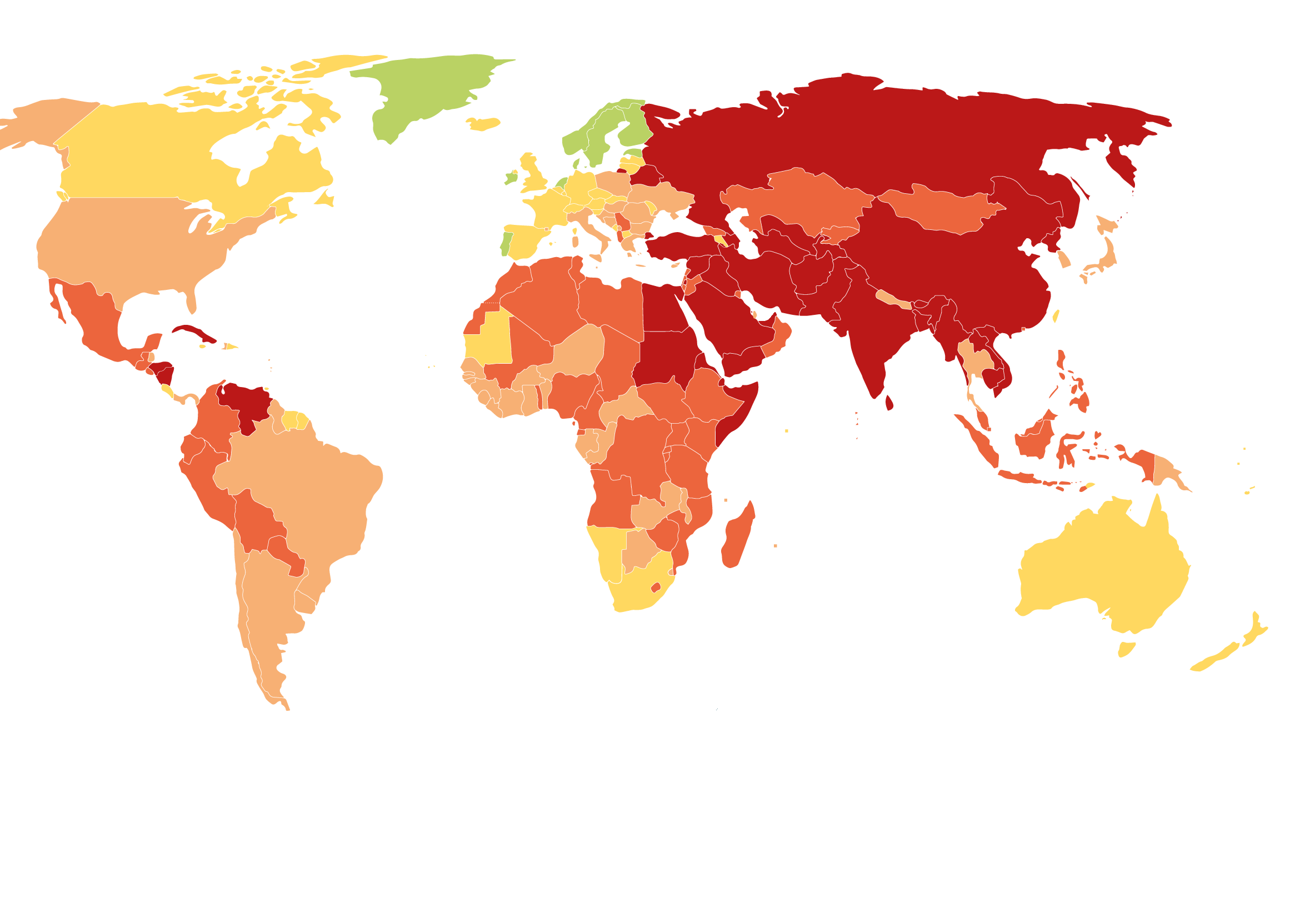Poland: the Spanish-Russian national Pablo González abused the rights democracies grant to journalists

Reporters Without Borders (RSF) has issued a response to the ongoing criticism of its past stance on Pablo González, a Spanish-Russian national who no longer falls within the organisation’s mandate. Released during a prisoner swap, he has been charged by a Polish Public Prosecutor’s Office with espionage for Russia. While respecting the Polish judiciary’s prerogative on determining his innocence or guilt, RSF advocated for transparency and fairness throughout the two-and-a-half years of his proceedings.
More than four months ago, on 1 August, a prisoner swap liberated Evan Gershkovich and Alsu Kurmacheva whom RSF defended as journalists arbitrarily detained by Russia. In exchange, Poland released the Spanish-Russian national Pablo González, who is also known as Pavel Rubtsov. While RSF previously considered Pablo González to be a journalist, it never considered him arbitrarily detained.
Since his arrival in Russia, Pablo González has behaved in line with the Kremlin’s interests. He has only given interviews to Russian propaganda outlets despite requests from independent media outlets. Speaking to the Russian state channel Perviy Kanal, he described the Russian forces, which occupy Ukraine, as “protectors” and recounted how he practised his handshake “to make sure it was firm” before greeting Russian President Vladimir Putin at the airport. In the meantime, new revelations about his spying activities continue to surface. On 29 November, the Russian exiled media The Insider identified his liaison officer at the Russian military intelligence GRU, who also welcomed him at the Moscow airport.
Despite RSF’s nuanced and justified position on Pablo González’s case, criticism of the NGO’s stance continues, and was echoed in The Insider’s article.
"A Russian spy, Pablo González has been excluded from RSF’s mandate since the prisoner swap. He compromised the journalistic profession and took advantage of journalists’ rights in a democracy. Our past position on the case was always aligned with the principles of the rule of law, including the presumption of innocence, prisoners’ rights and fair trial. At the same time, we trusted the Polish justice system: we never called Pablo González innocent, and never qualified his two-and-a-half-year detention as arbitrary.
“Aware of the risk posed by secret services recruiting members of the media industry, we will continue to be guided by international human rights standards and fight for journalists’ rights. Our approach reflects both the strengths and weaknesses of democracy and the combat for press freedom. In today’s era of disinformation, when RSF is being directly targeted by Russian propaganda, any claims about our alleged support for a journalist — no matter who makes them — should be checked with the organisation.
Today, all evidence shows that Pablo González — detained by the Polish authorities from 28 February 2022 to 1 August 2024 and charged by the Polish prosecutor with espionage two weeks after the prisoner swap — was a Russian spy.
Evidence against Pablo González
Prior to charging him, however, the Polish authorities disclosed little information from the investigation file due to state security measures. In particular, the Polish authorities alleged that Pablo González possessed two passports with two different names. They refused to confirm the information revealed in a report by Russian independent media Agentstvo, which purported that Pablo González had spied on Zhanna Nemtsova, the daughter of Russian opposition leader Boris Nemtsov who was murdered in 2015, and that he had travelled with a member of the GRU from Moscow to Saint-Petersburg in 2017.
RSF quoted these revelations yet did not have the means to determine whether Pablo González was guilty or innocent. Given that in a democracy only a court can give such a verdict, the organisation consistently demanded that Pablo González be judged as soon as possible. Due to the harsh conditions and long duration (not uncommon in Poland) of Pablo González’s detention, RSF requested that he be released while awaiting trial or that his prison regime be improved.
RSF recognized the Polish judicial system’s timing and procedural confidentiality, which ended up delaying his formal charges, after his release. Had the legal process moved more quickly, González would have been excluded from RSF’s mandate much sooner.
The NGO continues to follow the affair which still involves a female journalist prosecuted by the Polish authorities.
Internationally, RSF will keep doing everything in its power to liberate the 38 Russian and Ukrainian journalists unjustly detained by Russian authorities, as evidenced by RSF’s latest call to action on the margins of last week’s Malta summit of the Organisation for Security and Co-operation in Europe, which hosted the Russian foreign minister.




